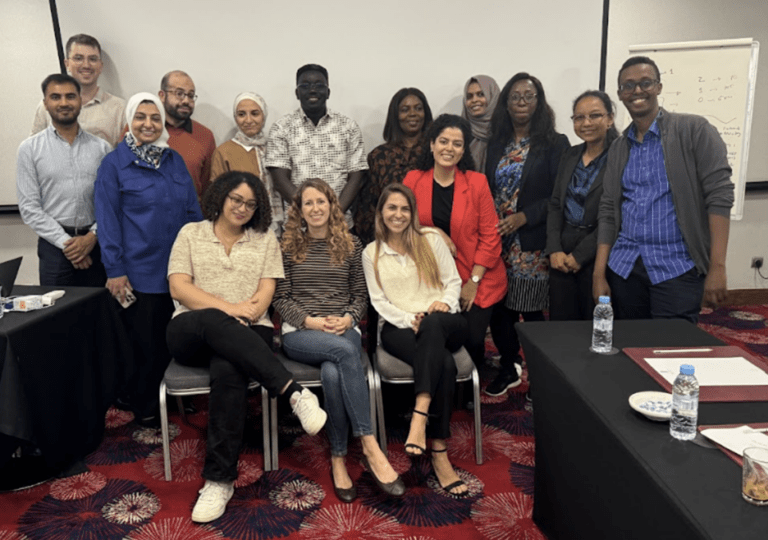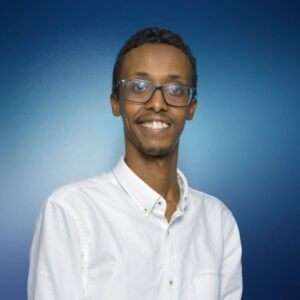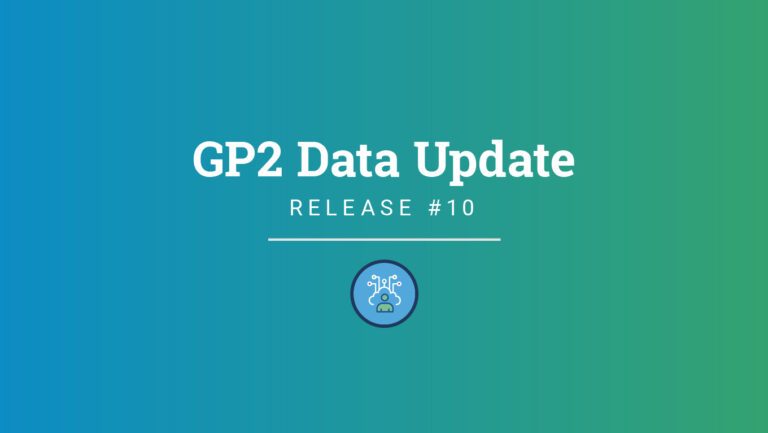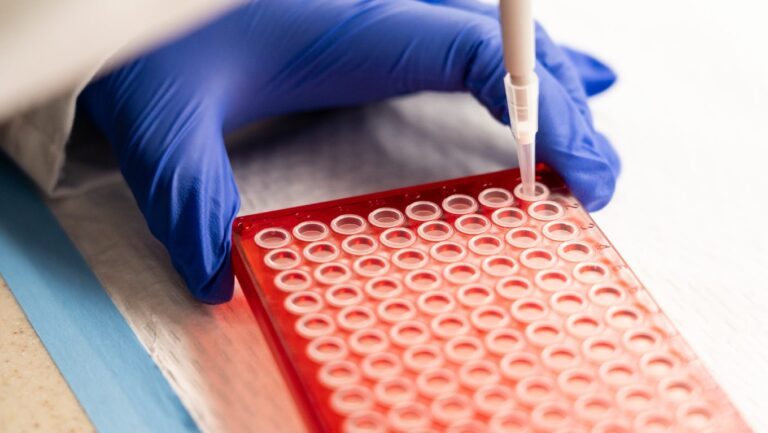Thanks to GP2 funding, early-career researchers from underrepresented regions gain access to world-class training in an array of fields related to Parkinson’s disease research. GP2’s Master’s and PhD programs provide students with invaluable networking opportunities and help build research capacity throughout the world. In this post, we share our experiences as GP2-funded Master of Science (MSc) students and reflect on what this opportunity has meant for our careers and our countries.

Vida Obese
My name is Vida Obese. I am the first female neurologist to serve at Komfo Anokye Teaching Hospital, Kumasi, Ghana, and I recently completed a GP2-funded MSc in Clinical Neurology at University College London, Queen Square, United Kingdom. My area of interest is movement disorders, with Parkinson’s disease being both a clinical and research focus.
My master’s research focused on clinical phenotypic analyses, including assessments of motor and non-motor symptoms, quality of life, cognition, and stigma scores. I also contributed to building the second most comprehensive LRRK2 analysis in a cohort of Parkinson’s disease patients in the Ashanti Region of Ghana.
This GP2-funded master’s degree was a valuable opportunity that deepened my understanding of neurological disorders and helped me develop essential skills in both genetic research and clinical practice. Sharing the knowledge I gained with colleagues here in Ghana has made me more impactful to my hospital and community.
Joining GP2 and, by extension, the Trainee Network, has been one of the most enriching experiences of my career. It allowed me to connect with researchers who share similar interests and received outstanding mentorship and guidance. I have greatly benefited from the resources and learning activities offered through the network. I will encourage other trainees from Africa to get involved with the GP2 Trainee Network.
I am passionate about advancing PD genetics research, especially within Ghanaian and broader African cohorts, to ensure greater representation in global studies. I am open to exploring further research opportunities within the network.

Mohamed Ahmed Nour
Before beginning my MSc, I was practicing as a medical doctor in Djibouti with a strong interest in neurology. However, I had limited opportunities for training in neurology, especially in genetics, which is not yet integrated into clinical practice in my country.
Thanks to the support of GP2, I have been able to pursue a master’s degree in Clinical Neurology at University College London, with a dedicated focus on Parkinson’s disease and an emphasis on genetic research in underrepresented populations. This has been a life-changing opportunity, allowing me to deepen my understanding of neurological disorders and develop essential skills in both genetic research and clinical practice.
As the first person from Djibouti to pursue this path, the support from GP2 has enabled me to access world-class training and become part of a global community working to advance our understanding of Parkinson’s disease and other neurological disorders. I am deeply grateful to GP2 for opening this door and look forward to the impact this training will have, both for my own growth and for the advancement of neurological care in my country.
I highly encourage fellow trainees from Africa to get involved with the GP2 trainee network. It’s a welcoming space to grow, collaborate, and make meaningful contributions to global research. The network offers valuable mentorship, educational resources, and a strong sense of community.






